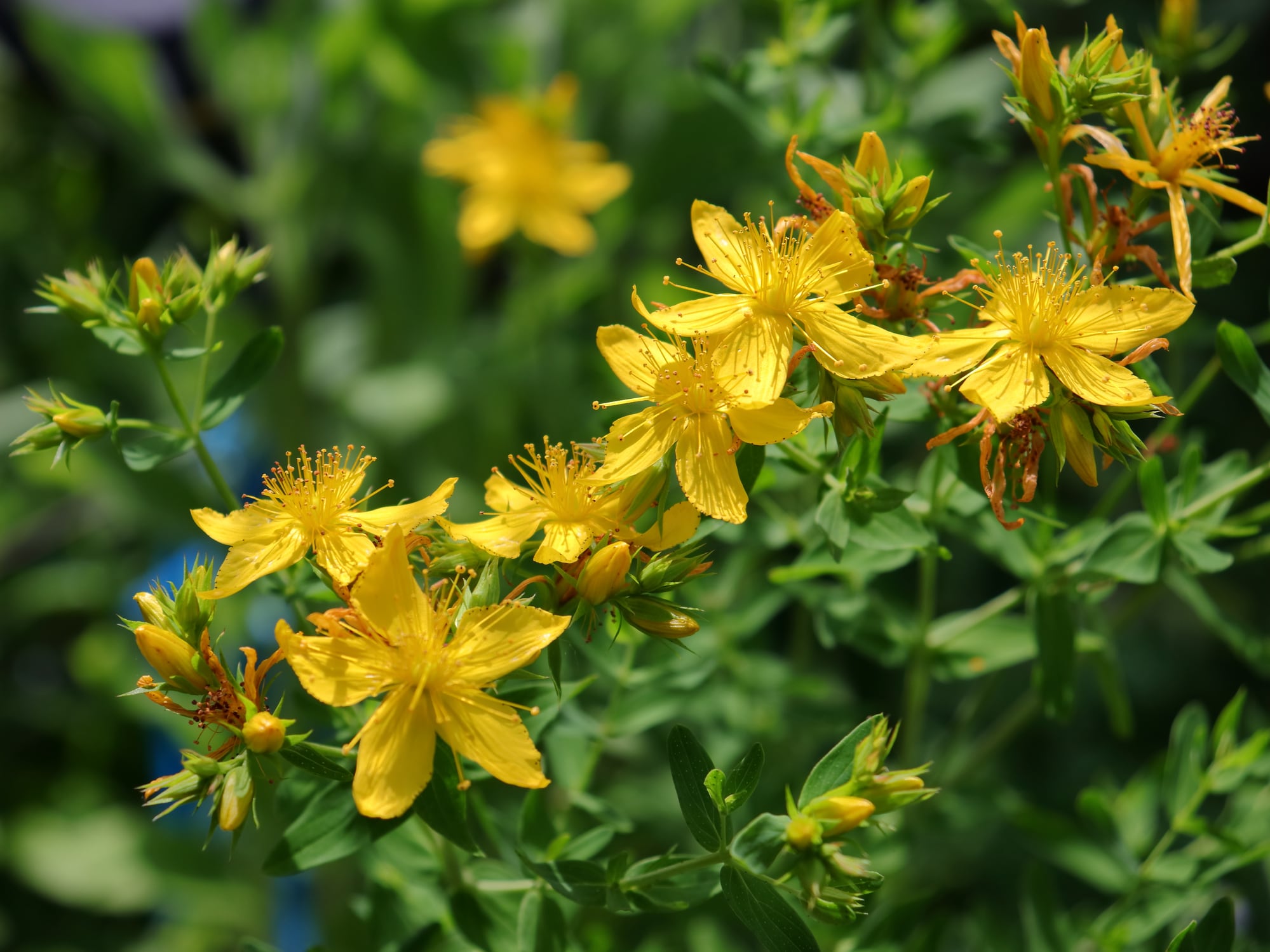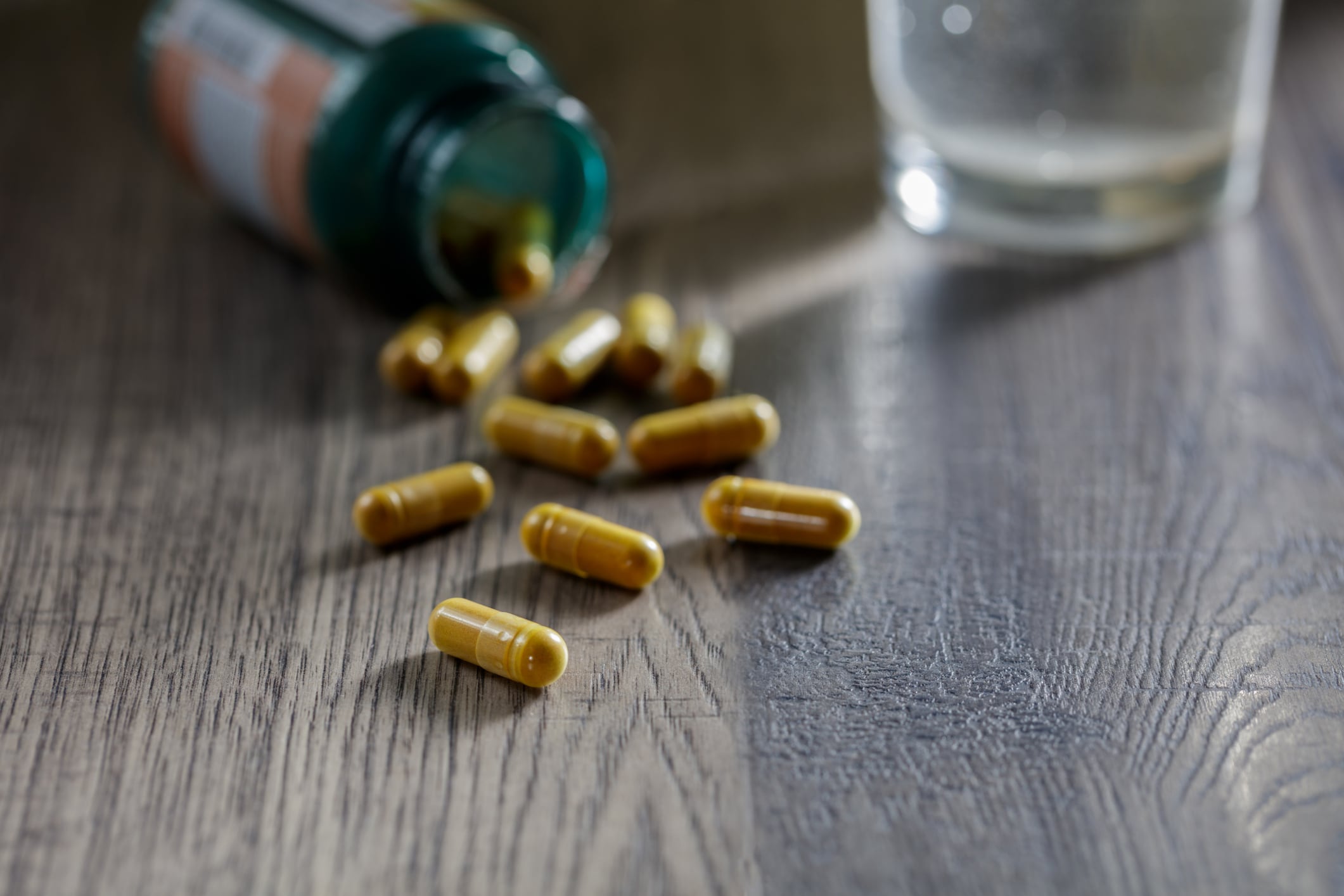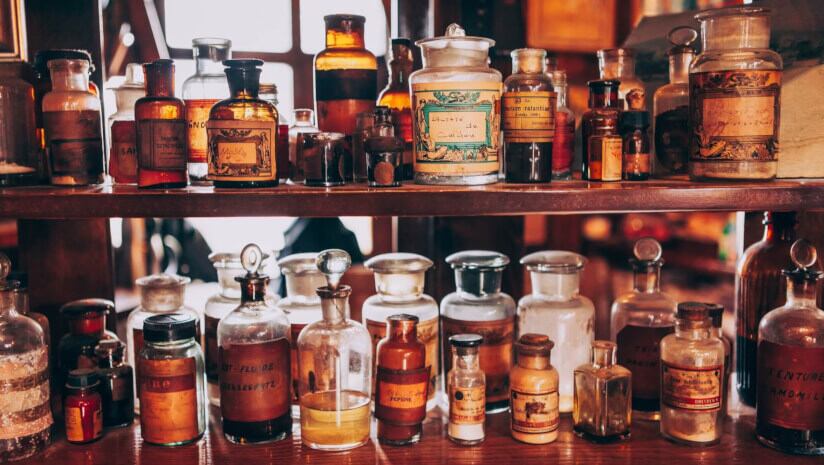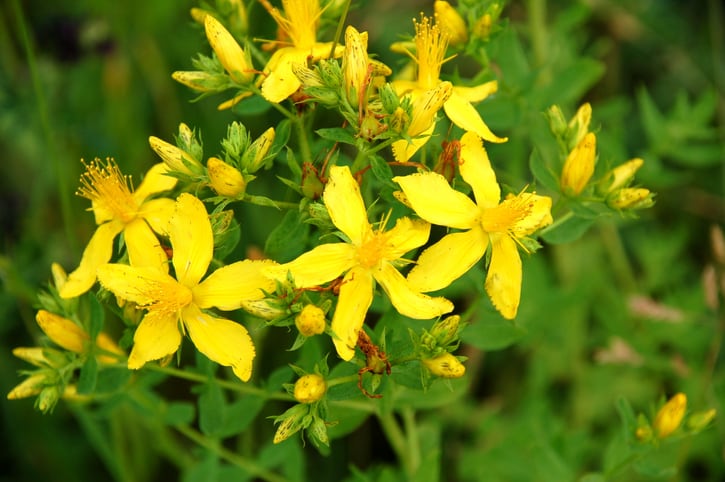In addition, there was strong evidence that many of the brands did not use fit-for-purpose testing, according to Katie Banaszewski, senior director of quality at NOW.
The Illinois-based company purchased two samples of 22 different brands on Amazon.com in August 2025. One bottle of each sample was tested in NOW’s in-house lab in Illinois, and the other was tested by ISO 17025-accredited Alkemist Labs in California.
Hypericin, a key marker compound for St. John’ wort (Hypericum perforatum), was quantified by High-Performance Liquid Chromatography (HPLC) using a validated reverse-phase method after irradiation with white light to ensure specificity. Hypericin content was expressed as the sum of hypericin and pseudo hypericin.
Of the 17 brands making 0.3% hypericin label claims, only NOW’s own St. John’s wort product passed and met the specified hypericin content. Three brands had no detectable hypericin. Five brands did not make any hypericin claims (i.e., were non-standardized), but two of those tested positive for synthetic dyes.
Synthetic dyes like Brilliant Blue (E133), Sunset Yellow (E110) and Tartrazine (E102) artificially inflate hypericin readings when measured by spectrophotometric laboratory analytical methods, and these dyes were detected in nine brands tested by NOW and Alkemist Labs using High-Performance Thin Layer Chromatography (HPTLC).
“What stands out most to me is the strong evidence that none of these brands used fit-for-purpose testing, if they tested at all,” Banaszewski said. “Our in-house analytical testing, paired with Alkemist Labs’ independent verification, underscores the importance of scientifically valid methods.”
NutraIngredients contacted Amazon for comment but did not receive a reply prior to publication.
An herb in demand
Sales of St. John’s wort have increased in the mainstream channel, according to the latest Herb Market Report from the American Botanical Council (HerbalGram #144). Sales of herbal supplements with St. John’s wort as the primary functional ingredient increased 24% from 2023 to 2024, delivering almost $33 million in sales. This put the herb at number 13 on the top selling list.
These sales numbers underscore the economic importance of the herb in the North American market.
Concerns around the quality of St. John’s wort are not new. Dr. Stefan Gafner, chief science officer of the American Botanical Council and director of Botanical Adulterants Prevention Program (BAPP), told NutraIngredients that BAPP was first alerted to the issue of adulteration with food dyes by NOW back in 2015.
A 2017 Bulletin from BAPP then detailed the co-occurrence of adulteration with dyes and other Hypericum species, which the author noted raises safety and legal concerns.
“Industry members are advised to have adequate assays to authenticate their SJW material, and to add an appropriate analytical method to test for dyes to their quality control protocol for SJW extracts,” the Bulletin concluded.
BAPP subsequently released a Lab Guidance Document published in 2021, which again noted the principal economic adulterant is the undeclared addition of synthetic food dyes to the herb extract as a means to increase the appearance of the concentration value of total hypericins (the red pigments that are present in St. John’s wort).
The document evaluated 67 different methods used to analyze St. John’s wort raw material and products, and referenced appropriate HPTLC, HPLC and HPLC-UV/Vis methods.
Dr. Gafner said that it was difficult for him to understand that adulteration with synthetic dyes still exists “because there have been many publications on this over the past decade, and it should be clear to anyone who manufactures St. John’s wort dietary supplements that measuring the quality of the ingredient by determining how much red color is in it is not appropriate (hypericin is a red-colored compound, but so are many others, including the food dyes used as adulterants).
“So, it is very disappointing to see that the same type of fraud is still happening,” he added.
NPA: ‘FDA has not held brands or Amazon accountable’
Commenting on the new results, Daniel Fabricant, PhD, president and CEO, Natural Products Association (NPA), said: “Given the latest round of testing from NOW on St. John’s Wort products, it’s no wonder that some American consumers choose not to purchase their dietary supplements from Amazon. NPA has previously communicated to the U.S. Food and Drug Administration the alarming results of NOW’s rigorous testing program, which has revealed time after time that supplements sold on Amazon do not meet label claims. Unfortunately, FDA has not held brands or Amazon accountable for defrauding consumers and selling products that don’t meet current good manufacturing practices.
“Upon the federal government reopening, we urge FDA to identify the manufacturers of these St. John’s wort products and inspect them. Anything less undermines the regulatory framework of DSHEA and decreases confidence in the effectiveness of natural products. Finally, NPA is grateful to NOW for shining a light on these continuing challenges.”
AHPA weighs in
Dr. Holly Johnson, Chief Science Officer at the American Herbal Products Association (AHPA), told NI that high-quality St. John’s Wort dietary supplements are readily available on the market, “from NOW Foods as well as other reputable AHPA member companies and brands.
“The most effective strategy to ensure product integrity is to prevent adulterated ingredients from entering the supply chain in the first place,” she added. “This is why AHPA is dedicated to providing robust resources for our members and the broader industry. We offer essential guidance on best practices for qualifying herbal ingredients, including using fit for purpose scientifically valid testing methods to support quality specifications and to detect presence of contaminants or adulterants such as the synthetic dyes reported in this recent study.
“By focusing on quality at the raw material selection stage and employing fit-for-purpose testing, we can collectively ensure that consumers have access to safe and effective herbal products.”
NOW is a member of NPA and AHPA.
Testing
This is the NOW’s 21st round of product policing since it initiated its testing program in 2017 to evaluate lesser-known brands sold online. All rounds to date have raised concerns tied to issues such as potency, labeling, contamination, adulteration and heavy metals across product categories.
NOW’s ongoing efforts to publicize quality concerns about supplements purchased on Amazon were recognized by NutraIngredients with the 2021 NutraIngredients-USA Award for Industry Initiative of the Year.





